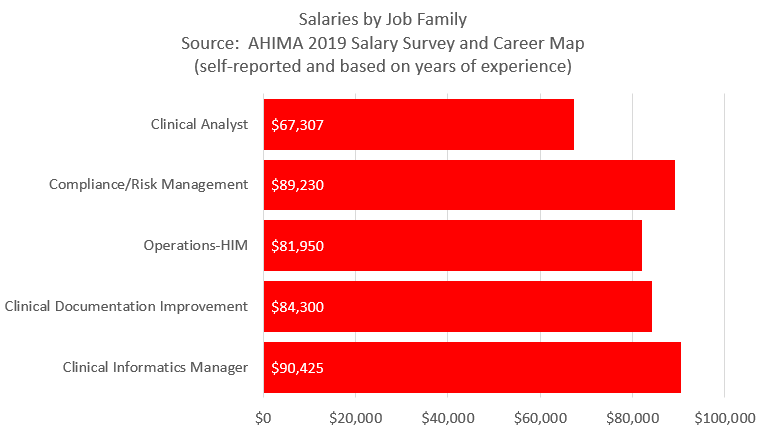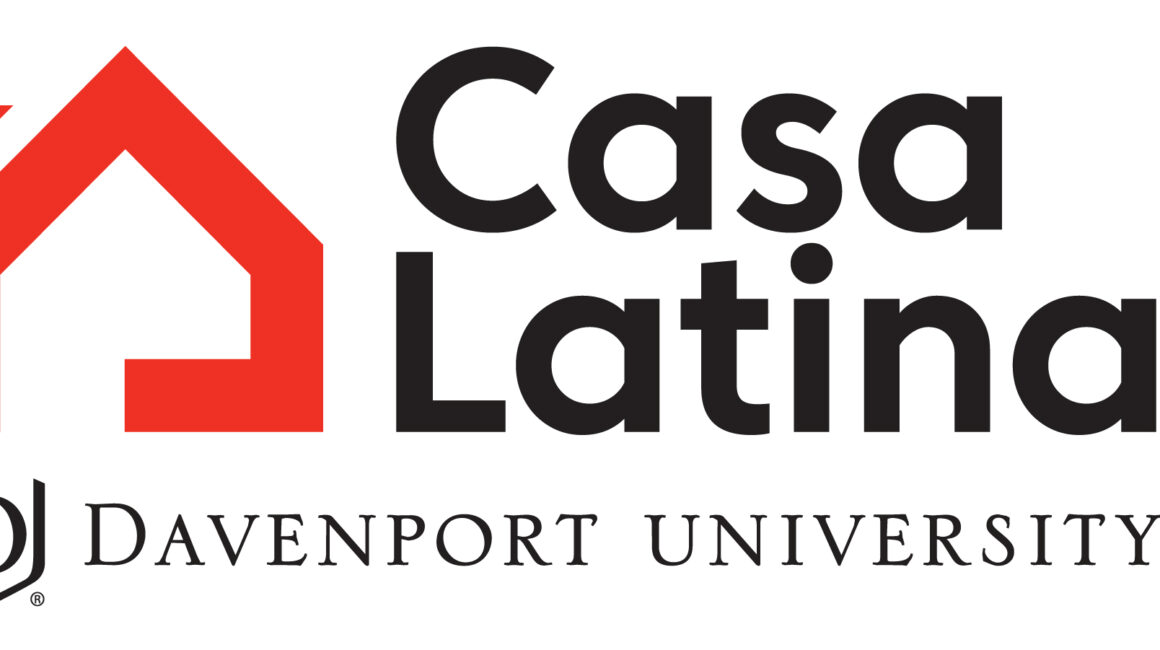
What is health informatics and health information management?
Health informatics and information management is a professional field focused on the tools and platforms used to store, retrieve and evaluate electronic medical records and those used to improve health outcomes for patients. Health informatics professionals design, build and manage the infrastructure for patient data systems. Professionals with a health informatics degree will work with and troubleshoot the applications of these systems. They are responsible for protecting and managing the information that goes into those systems as well.
What can I do with a master’s in health informatics and information management?
Graduates with a master’s in health informatics and information management are qualified for a variety of top tier positions in healthcare settings. These include managerial, analyst and application specialist positions as well as others related to the management of health information. Getting a master’s degree in this field can give you a leg up in your job search process or open up new opportunities with your current employer. Davenport students who’ve graduated with this degree have reported that their education and new credentials provided them with opportunities to move into new positions.
A salary survey by the American Health Information Management Association (AHIMA) indicated the following average salaries for employees with a master’s in health informatics and information management.

What do health informatics and health information management jobs look like in action?
Clinical Analyst: A clinical analyst performs tasks that involve analyzing user procedures, requirements and problems to improve an existing computer system. They also review the systems capabilities and workflows to find other areas that need improvement.
Compliance and Risk Management: A compliance or privacy officer oversees all ongoing activities related to the development, implementation, maintenance of and adherence to the organization’s policies and procedures covering the privacy of and access to patient health information in compliance with federal and state laws and the healthcare organization’s information privacy practices.
Health Information Management Director: Health information management directors manage the health informatics team. They oversee the analysis, management and performance of health information to aid patient care. Directors also monitor the latest software and technology to keep process up to date and efficient. They typically report to the head of a unit/department and provide input on strategic decisions that affect their functional area of responsibility.
Clinical Documentation Improvement: Clinical documentation is at the core of every patient encounter. In order to be meaningful it must be accurate, timely, and reflect the scope of services provided. Successful clinical documentation improvement (CDI) programs facilitate the accurate representation of a patient’s clinical status that translates into coded data. Coded data is then translated into quality reporting, physician report cards, reimbursement, public health data, and disease tracking and trending.
Clinical Informatics Manager: The main duty of clinical informatics managers is to manage and secure electronic patient records. They serve as the primary facility resources for implementation of the HER as well as post –implementation support. Clinical informatics managers must make sure that these records are accurate and complete since they will be used for research or quality management.
Explore more jobs you can get with a masters in health informatics and information management here.
What to look for in a health informatics and information management master’s program
You can only sit for the national Registered Health Information Administrator (RHIA) exam if you attend an accredited program, so that is the most important thing to look for when evaluating your options. Another important factor is the quality of faculty at each school – make sure faculty members have real-world experience to share. These two factors will ensure you get a quality education that will prepare you to succeed in your new career.
Other things to consider: How, when and where classes are offered – are they online or in-seat, at night or during the day? What works for your schedule? Is there a residency requirement and, if so, are you able to complete it? Or should you look for a school that does not require a residency? What are the class sizes? Will you get personalized mentoring or will you be one in a long line waiting for advice?
Who should consider this degree?
As health informatics and information management is a dynamic and evolving field, it draws people from a variety of backgrounds. Professionals from various backgrounds are welcomed into the health informatics and information management master’s program at Davenport. Anyone with a bachelor’s degree or prior knowledge in healthcare administration, nursing or information systems should highly consider earning this degree.
Within Davenport’s program, students can expect to learn more about the ability to connect technology with human ingenuity. They’ll also learn how to use business management and healthcare knowledge to give you a well-rounded perspective. Completing your master’s in health informatics and information management will give you the knowledge and tools you need to become a leader in healthcare, and to make an impact within your community.
If you’re not sure if earning a master’s degree in health informatics and information management is right for you and you’d like to speak with someone directly, feel free to email our health informatics program director Jeannie Freeman at Jeanne.Freeman@davenport.edu.
You can learn more about Davenport University’s Master of Science in Health Informatics and Health Information Management here.



No Responses